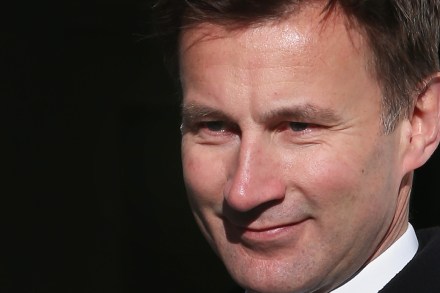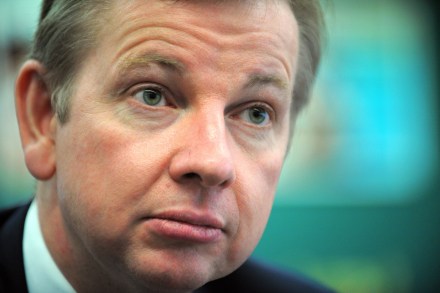Once you’ve seen Eurovision, London 2012 looks like a noble last stand
Jetlagged in the small-hour darkness of Santa Monica last week, and perusing various write-ups of the previous evening’s Eurovision Song Contest in Azerbaijan, I had a sudden epiphany as to why America holds all these sporting contests with ‘world’ in the title which don’t involve anybody else. It’s because everybody else is dreadful. Eurovision has been dreadful for so long that this has almost become the point, and any act these days which doesn’t feature a singer who looks like the mistress of a warlord who can only visit the same countries as Roman Polanski doesn’t have a hope. When the whole shebang is being held in a country which












